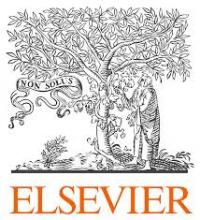Resource information
The promotion of land, soil and water conservation measures has been a widespread development in sub-Saharan Africa in a bid to tackle degradation and improve productivity. As a result, several governments have launched various campaigns on soil, land and water conservation measures. The aim of this study is to determine some of the factors that influence farmers’ awareness (knowledge) and adoption of land, soil and water conservation practices. Data for this study was collected from 312 households using a questionnaire survey in the Chinyanja Triangle of Southern Africa. The study sites were sampled from Tete province of Mozambique, central and southern regions of Malawi and eastern Province of Zambia. We used t-tests to classify adopters and non-adopters of soil, land and water conservation measures and binomial logit models to identify the factors that influence farmers’ knowledge of conservation measures and adoption of land productivity practices. The results show that the household head's age, education, agricultural advice reception and farmer group membership are critical in raising awareness. While the household head's age, education, agricultural advice reception, farmer group membership, pieces of land owned or used in production and land-to-man ratio influenced adoption decisions. The study, therefore, concludes that in order to improve land productivity in the Chinyanja Triangle, there is a need to consider farmers’ heterogeneity in terms of household head's age, level of education, extension services outreach, and socio-economic characteristics. This suggests that governments’ policies in the region should be aimed at improving farmers’ level of education, extension delivery that will target the elderly and the youth, land ownership, credit access, and social capital such as group formation.




